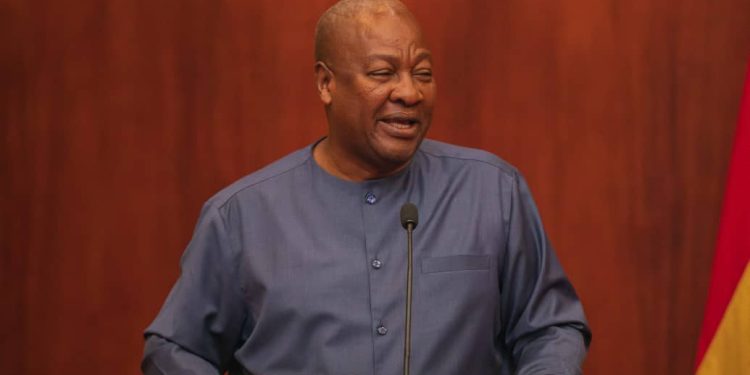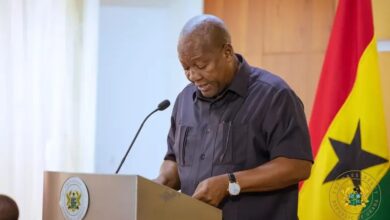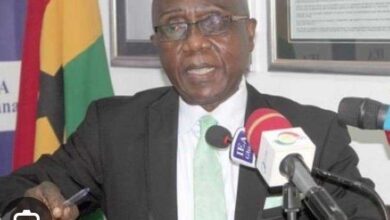We promised, we delivered – Dr. Sawyerr on Mahama’s first 120 days

Senior Presidential Advisor, Dr. Valerie Sawyerr, has confidently declared that President John Dramani Mahama has fulfilled every promise he made in his 120-day compact with Ghanaians.
Speaking with unmistakable pride, she noted that Mahama’s return to power on January 7, 2025, was not met with indecision or excuses, but with urgency, direction, and execution.
According to her, Mahama wasted no time in signalling a departure from bloated governance. His appointment of just 56 ministers and deputies — the leanest team in Ghana’s Fourth Republic — set the tone for a government focused on results, not political accommodation.
District Chief Executives were appointed early, selected based on merit and experience rather than partisan loyalty.
A new Code of Conduct was introduced to ensure transparency and accountability among public officials, banning actions like insider dealings and the acquisition of state assets by appointees.
One of the most tangible changes Ghanaians have felt, Dr. Sawyerr highlighted, is in the area of taxation. Several unpopular taxes, including the E-Levy, the 10% tax on betting, and the emissions levy, have been abolished.
The government is also fast-tracking the removal of the COVID-19 levy by November. On the economic front, Mahama’s administration has moved to end what it calls “reckless borrowing” by establishing a Fiscal Council and pushing forward legislation to cap the country’s debt-to-GDP ratio at 45% by 2034.
Dr. Sawyerr was particularly animated when discussing the much-talked-about 24-hour economy. What started as a campaign promise is now being brought to life with legislative backing and pilot programmes.
In Accra, services like passport issuance have gone round-the-clock, and other institutions like the GIPC and DVLA have begun operating extended hours. A partnership with the Youth Employment Agency has also been launched to deploy thousands of security personnel to protect businesses operating at night — a move that supports the expansion of the night economy.
On job creation, Dr. Sawyerr referenced new programmes like Adwumawura, the National Apprenticeship Project, and a digital drive to train one million young Ghanaians in coding. Mahama, she said, chairs a new committee dedicated to expanding non-traditional exports and unlocking opportunities for the private sector.
Education, too, has seen a boost. First-year tertiary students no longer pay academic fees, thanks to a GH¢452 million allocation, while students with disabilities will benefit from free tertiary education beginning August.
Through the MahamaCares Fund, six million sanitary pads are being distributed to girls, along with menstrual health education — an intervention aimed at tackling period poverty head-on.
Dr. Sawyerr also emphasized the government’s renewed focus on justice and anti-corruption. Investigations into past scandals — including the controversial National Cathedral project and irregular payrolls at the National Service Secretariat — are underway. Cases like the murder of journalist Ahmed Suale and the Techiman South shootings are being reopened for thorough scrutiny.
The environment has not been left out either. A fresh initiative to restore Ghana’s rivers and forest reserves has been launched.
The Blue Water Initiative has deployed thousands of guards to monitor key water bodies, while a “Tree for Life” campaign is planting 20 million seedlings a year. Most notably, a bill is now before Parliament to remove the President’s power to lease protected forests to mining interests.
On the cultural front, Mahama’s administration has introduced the Black Star Experience — a visionary tourism and heritage project that seeks to re-establish Ghana as the prime destination for African diaspora reconnection.
Ending the conversation with a confident smile, Dr. Sawyerr said, “We promised a reset — and the reset is real. These 120 days are just the beginning. Ghanaians asked for decisive leadership, and President Mahama has answered.”




